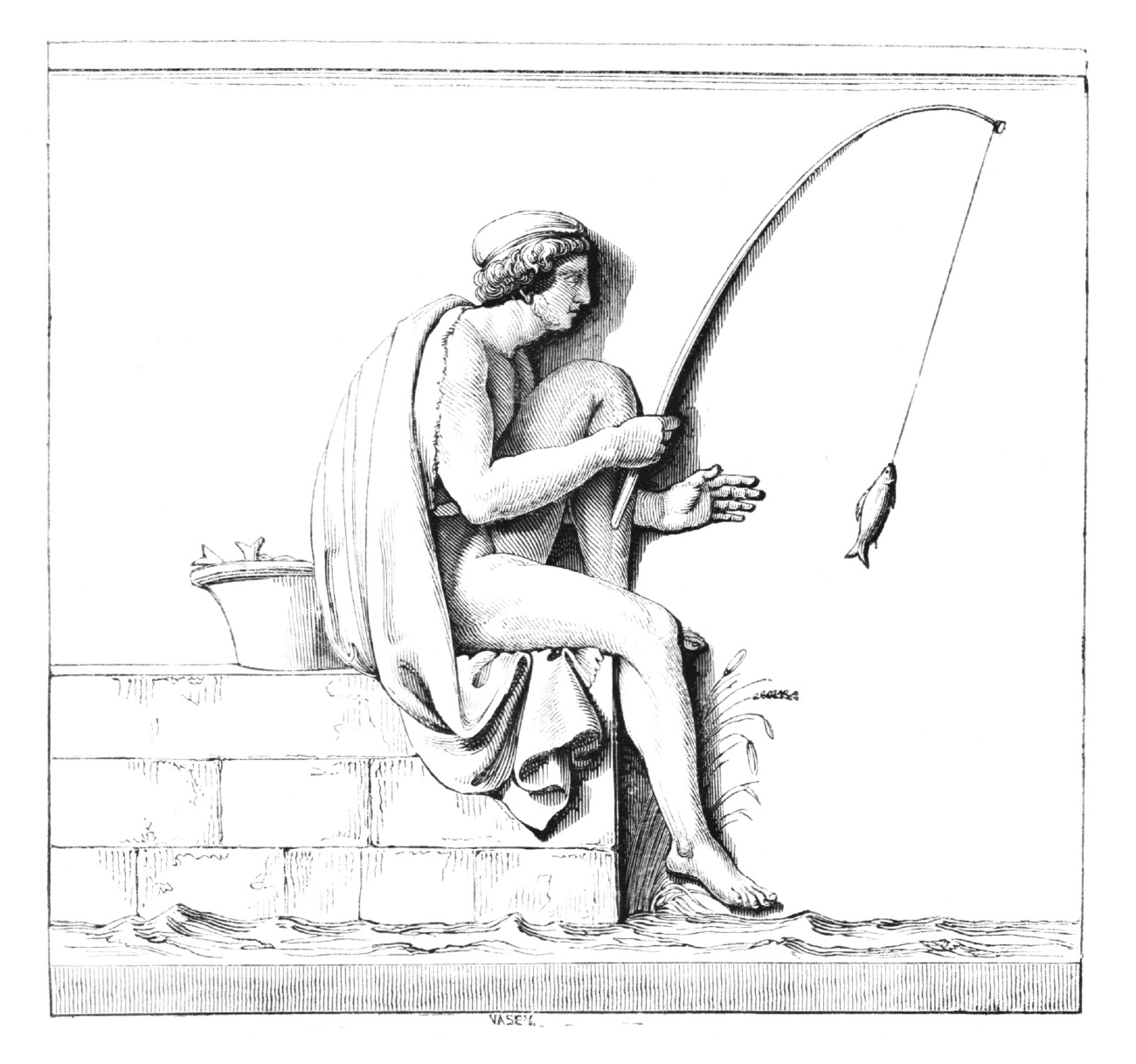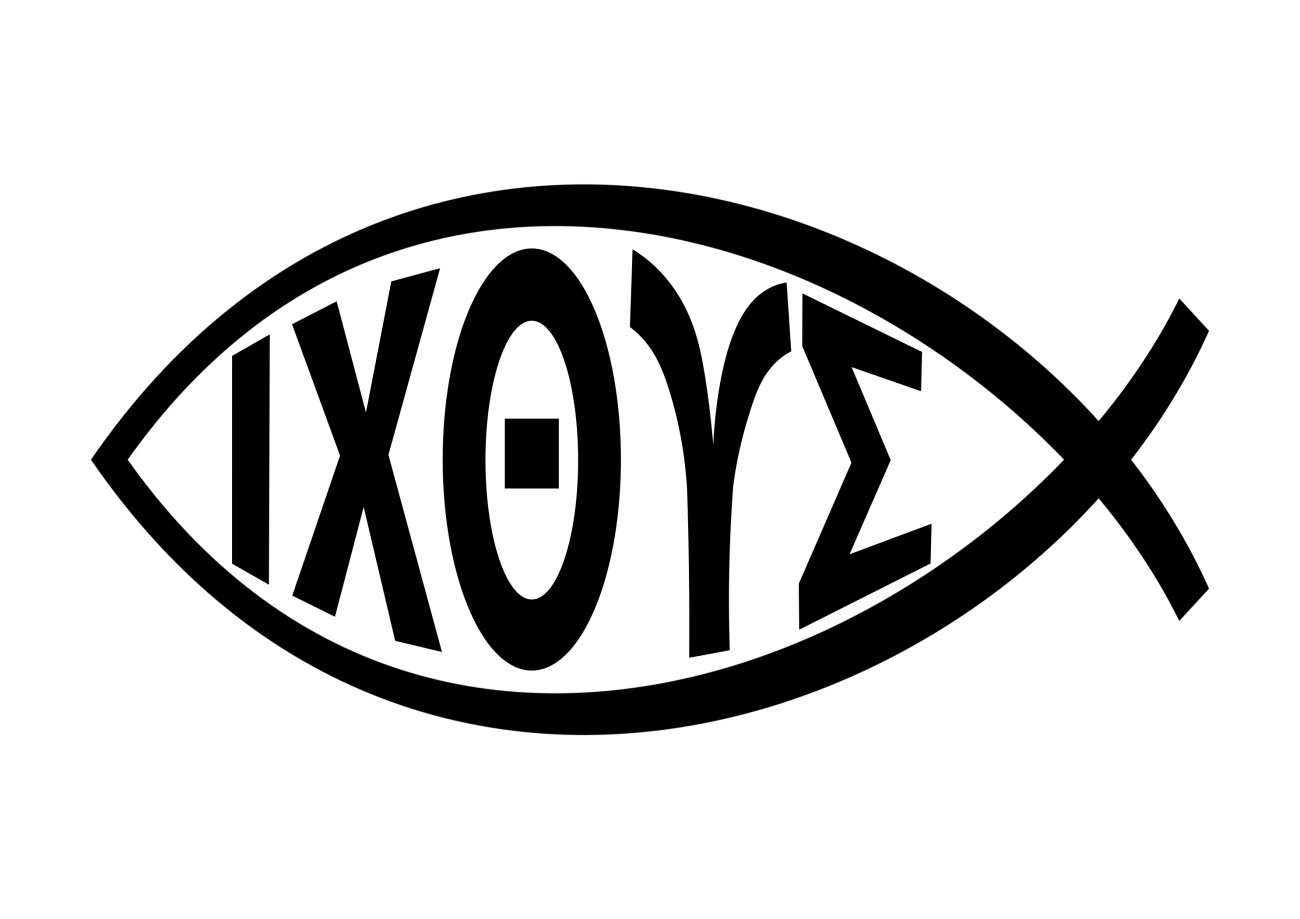The Question of Who Pays Tolls or Census Taxes, Mt. 17:22-27
Jesus, in his suffering and death has paid the temple tax and more.
Jesus begins this passage by explaining to the disciples that, “The Son of Man is to be handed over to men, and they will kill him, and he will be raised on the third day” (verse 22). The disciples react with genuine grief. They know Jesus is referring to himself as the “Son of Man.” They know him as their Master and as their friend. Though they still do not fully understand what this means, they respond out of their deeply human sense of impending loss at this news.

Then the passage seemingly goes off in a different direction, to something that seems strange in juxtaposition to this news from Jesus. But is it? Peter is confronted by collectors of the temple tax, who ask him, “Does not your teacher pay the temple tax?” Peter’s simple and truthful answer is, “Yes.” Then Peter goes to the house where Jesus is and before he can say anything, Jesus, knowingly asks Peter for his opinion concerning the question, “whom do the kings of this world take tolls and census taxes, subjects or foreigners?” Peter answers, again, with a very practical response, “From foreigners,” to which Jesus replies, “Then the subjects are exempt.”
What does that mean? Who are the “subjects” that Jesus is referring to? Are we to understand this question in earthly terms, or is there something much deeper to consider here? We have to remember the first part of this passage. Jesus has introduced further evidence that he is the Son of Man that the prophets and all of Jewish history have been waiting for. He is the Messiah. But his kingdom is not of this world. We are very close to the heart of the truth here.

But to take us even further he gives Peter, the fisherman, a strange job. Recognizing that the temple tax collectors, whose concerns are material and associated with worldly power, says,
“But that we may not offend them, go to the sea, drop in a hook, and take the first fish that comes up.” And here his comment seems truly strange. “Open its mouth and you will find a coin worth twice the temple tax. Give it to them for me and for you.” What does this strange image mean?
The earliest image that the followers of Jesus used to refer to Christ and the faith was the fish. The word for fish in Greek is “ichthys” or ichthus. Buried in this word is an acronym for, “Jesus Christ, Son of God”. Jesus has just told his disciples that he will be arrested, killed, and that he will rise again on the third day. The coin that he directs Peter to collect, that is worth more than twice the temple tax, is himself. His impending suffering and death are the tax he will pay that is worth “twice the temple tax.” Open up the “mouth” of the scriptures. Open up the “mouth” of prayer, and recognize what Jesus is saying here.

Jesus, in his suffering and death has paid the temple tax and more. His kingdom is not of this world. When he says, “Give that [coin] to them for me and for you,” he is telling Peter, and us, that he is the “coin” that will pay the full price and more for the consequences of man’s sins. We are also challenged, as Peter was, to recognize that as his followers, though we live in this world, we are not to be of it. His kingdom is not of this world. Because of this, the world, and the ruler of the world, will often condemn, reject, and despise us, just as it did Jesus. When we suffer the world’s threats in his name, we join our suffering to Jesus’ “coin” of suffering. The “kings of the world” may “tax” us like “foreigners,” for that is what we are to this world. As followers of the true King, we are no longer “foreigners” but exempted “subjects.” Jesus Christ has paid the “taxes” for all of us. Thanks be to God!
SKM: below-content placeholderWhizzco for FHB

